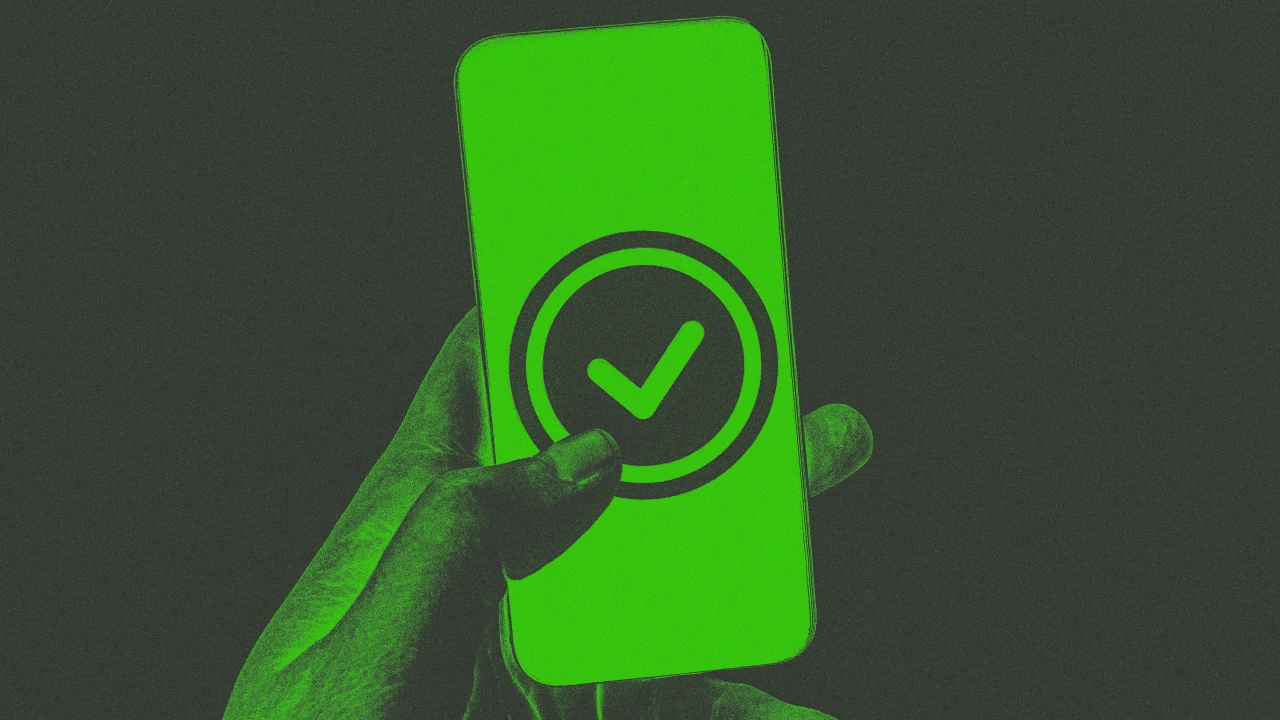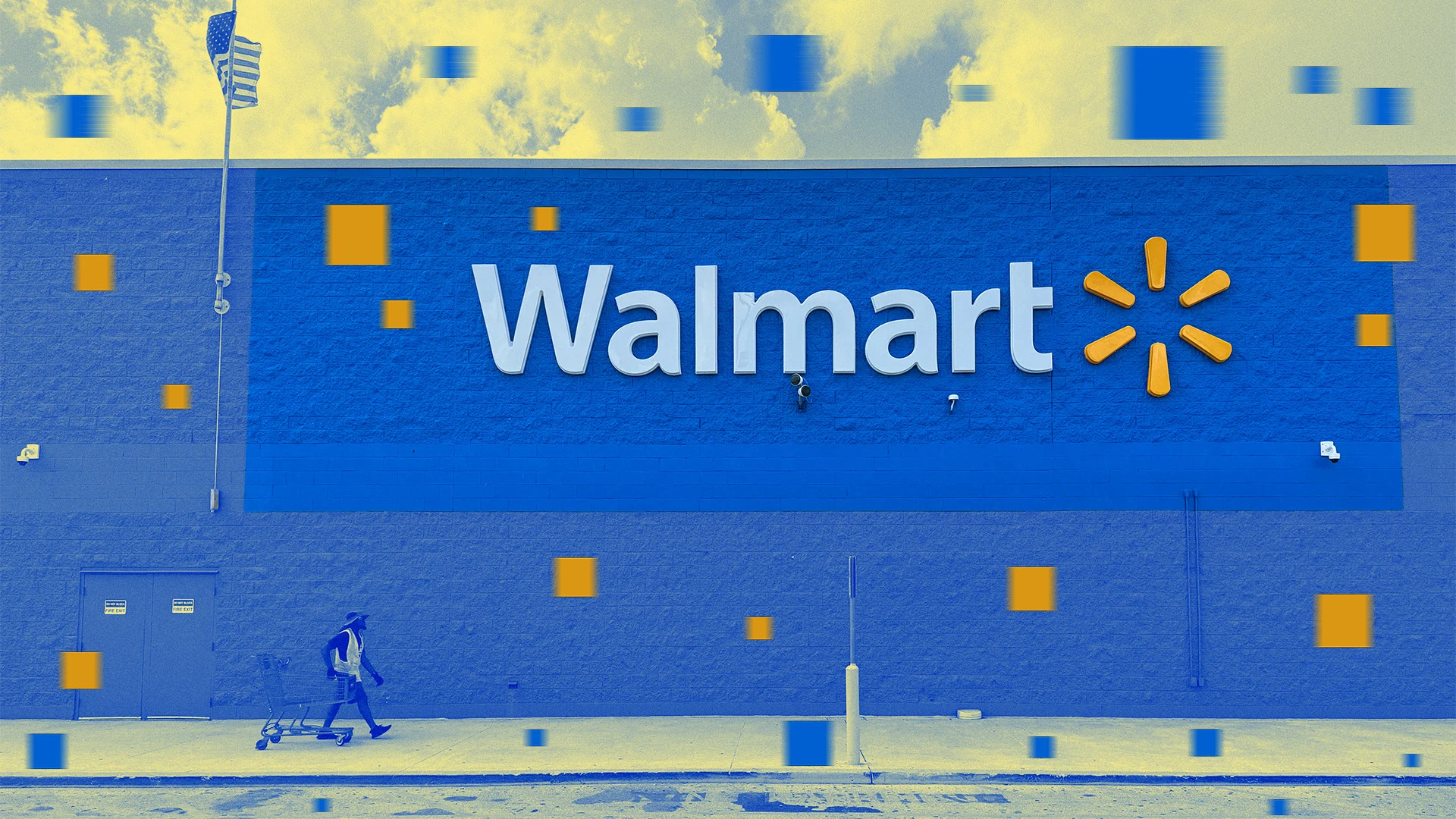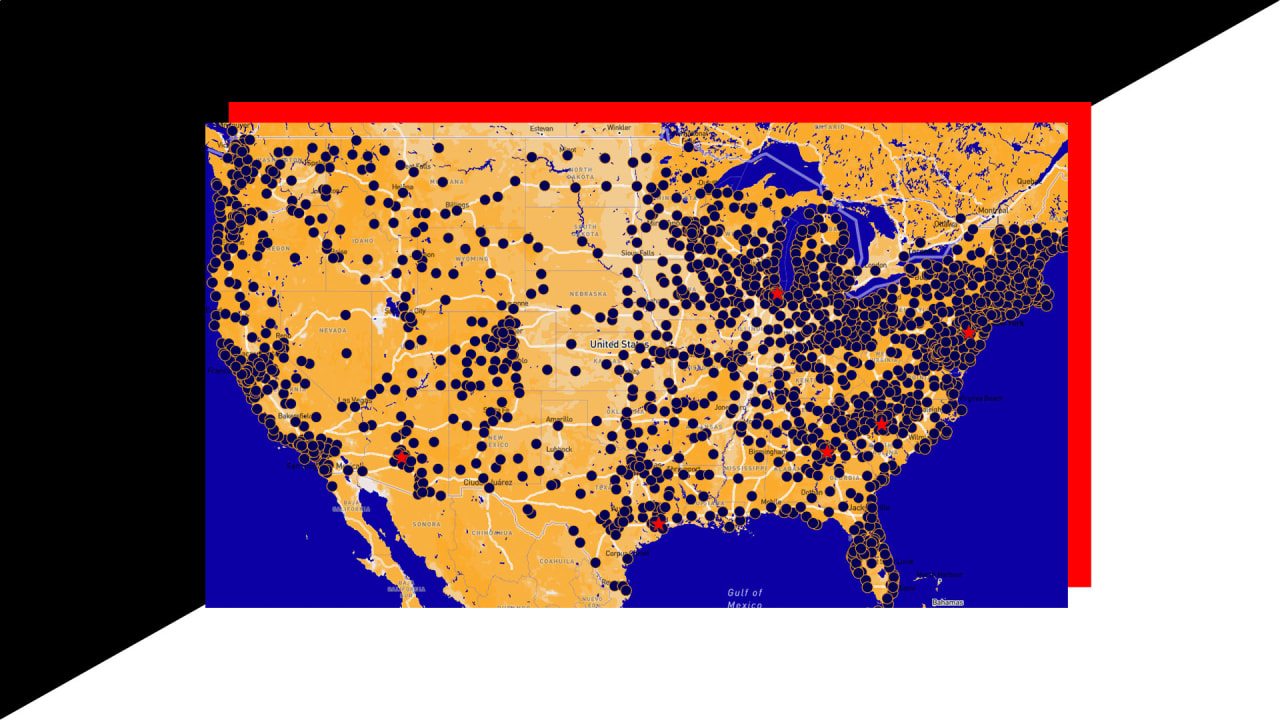What Situations Do You Need a Business License?

When starting a business, it’s vital to understand when you’ll need a business license. Various situations require this important document, like operating an LLC or selling taxable goods. Furthermore, if you’re offering professional services in regulated fields, a license is often mandatory. Local regulations can vary, so knowing the specific requirements in your area is fundamental. Let’s explore the different circumstances that might require you to obtain a business license.
Key Takeaways

- Legal entities such as LLCs, corporations, and sole proprietorships typically require a business license to operate legally.
- A sales tax permit is necessary for businesses selling taxable goods or services.
- Industry-specific licenses are essential for sectors like food service, healthcare, and construction.
- A DBA registration is needed if operating under a different business name than the legal entity.
- Home-based businesses often require a home occupation permit to comply with local regulations.
Definition of a Business License

A business license is a vital legal document that allows you to operate your business within a designated area, guaranteeing that you follow local laws and regulations.
In Florida, obtaining a business license typically requires you to complete an application and pay a fee, with specific requirements depending on your business type and location.
Certain industries may necessitate additional licenses, such as health permits for food services or professional licenses for regulated occupations.
It’s important to keep in mind that business licenses must be renewed periodically, and failing to comply with these requirements can result in fines or even business closure.
Importance of Business Licenses

Comprehending the importance of business licenses is crucial for anyone looking to operate legally and successfully in their chosen market. Business licenses grant you the authorization to conduct specific activities, ensuring compliance with local regulations.
Failing to adhere to licensing requirements can lead to hefty fines, penalties, or even criminal charges, which highlights the need to fully understand your local laws. Obtaining the necessary licenses and permits boosts your credibility, reassuring customers of your legitimacy.
It’s important to research how to obtain a business license in FL, as different municipalities may have unique requirements. Complying with business licensing not only protects public health but furthermore cultivates trust within the community, which is critical for your long-term success and growth.
General Situations Requiring a Business License

When you start a business, comprehending the situations that require a business license is essential for staying compliant with local laws.
Here are four general situations where a business license is necessary:
- Business Entity: Any legal entity, including LLCs, corporations, and sole proprietorships, typically needs a license to operate within a jurisdiction.
- Sales Tax: If you’re selling taxable goods or services, you must obtain a sales tax permit to collect and remit sales tax as required by state law.
- Industry-Specific Licenses: Certain industries, like food service or healthcare, require additional permits to meet health and safety regulations.
- DBA Registration: If you’re using a different business name, you need to file a DBA registration for transparency.
To learn how to apply for a business license in Florida, consult local authorities.
Operating a Physical Storefront

When you operate a physical storefront, it’s essential to understand local licensing requirements.
Depending on your business type, you may need health department permits, especially if you’re in the food service industry.
Make certain to check with your local municipality to guarantee you’ve got all the necessary permits to avoid fines or legal issues.
Local Licensing Requirements
Maneuvering local licensing requirements for your physical storefront in Texas can feel overwhelming, especially since these regulations vary widely depending on your city or county.
To guarantee compliance, keep these key points in mind:
- Check if you need a local business license or permit specific to your city.
- If you’re operating under a name different from your legal one, register for a “Doing Business As” (DBA) certificate.
- Certain industries, like food service or retail, may require additional permits or inspections.
- Home-based businesses often need a home occupation permit to operate legally in residential areas.
Always consult local government websites for detailed licensing requirements and fees, confirming you meet all criteria for your storefront to operate smoothly.
Health Department Permits
Operating a physical storefront that prepares or sells food requires obtaining a health department permit, which is vital for meeting public health standards.
These health department permits guarantee that your business complies with sanitation, food safety, and employee health regulations. Before starting operations, you’ll likely need to undergo inspections from the local health department to verify compliance.
It’s crucial to understand that failing to obtain these permits can lead to fines, business closure, or legal action because of health code violations.
Local health department requirements can vary, so you must research the specific regulations that apply to your location and type of business. Staying informed will help you navigate the permitting process smoothly and guarantee your business operates legally.
Providing Professional Services

When you’re providing professional services, it’s essential to understand the licensing requirements specific to your industry.
Depending on your field—be it healthcare, law, or construction—you’ll need to obtain the appropriate licenses to guarantee compliance with state regulations.
Not just do these licenses validate your qualifications, but they as well help protect public health and safety by adhering to industry standards.
Required Industry Licenses
Obtaining the required industry licenses is crucial for anyone looking to provide professional services, as these licenses guarantee compliance with the legal standards set by regulatory bodies.
Here are some key licenses you may need:
- Healthcare License: Required for medical professionals to practice legally.
- Real Estate Broker License: Necessary for property management and real estate transactions.
- Occupational License Florida: Specific licenses for various professions, ensuring you’re legally operating in the state.
- Alcohol Permits: Needed if your business offers alcohol-related services, regulated at state and local levels.
Compliance With Regulations
Compliance with regulations is a vital aspect of providing professional services, as it guarantees that you meet the legal standards necessary for operating within your industry. If you’re in fields like healthcare or finance, you’ll often need specific licenses to guarantee you’re qualified.
For example, in Texas, obtaining a Real Estate Broker License or medical permits is fundamental. To learn how to obtain a business license in Georgia, you must research your industry’s requirements, including educational qualifications and state examinations.
Regularly renewing your license is equally important; failing to do so can lead to penalties, such as fines or even criminal charges. Staying compliant not only protects you legally but also builds trust with your clients and the public.
Engaging in Regulated Industries

Engaging in regulated industries requires careful attention to licensing requirements, as failing to secure the necessary permits can lead to serious consequences.
Here are four key areas where you need to guarantee compliance:
- Healthcare: Obtain licenses from relevant state boards for medical professionals.
- Construction: Secure a general contractor’s license and fulfill local permitting requirements.
- Alcohol and Tobacco Sales: Acquire specific permits, like a liquor license, from state regulatory authorities.
- Environmental Services: Obtain necessary environmental permits for waste management or hazardous materials.
If you’re unsure how to obtain a business license in Georgia, check with your local licensing office to understand the specific requirements for your industry.
Always prioritize compliance to avoid penalties or legal issues.
Home-Based Business Considerations

When starting a home-based business, you need to take into account zoning permit requirements and home occupation regulations.
These rules guarantee that your business activities comply with local laws and don’t disrupt your neighborhood.
It’s crucial to check with your local government to understand what permits you may need and how to operate legally from your home.
Zoning Permits Requirements
Before starting a home-based business in Texas, you need to understand that zoning permits are often required to comply with local land use regulations.
Each municipality may have different requirements, so it’s crucial to verify this with your local government or zoning office.
Here are some key considerations:
- Check if a zoning permit is required for your specific business type.
- Be aware of restrictions on customer visits or operational noise.
- Apply for a home occupation permit, which may involve a fee.
- Understand the consequences of non-compliance, including fines or legal action.
Home Occupation Regulations
Grasping home occupation regulations is vital for anyone looking to start a home-based business in Texas, as these rules can greatly influence your operations. Many cities require a home occupation permit to guarantee compliance with local zoning laws, which vary by municipality.
Restrictions often include limits on signage, client visits, and the space you can use for business activities. It’s important to check with your local city or county government to identify any additional licensing requirements.
If you’re operating under a different name, you’ll need to file an Assumed Name Certificate with the county clerk’s office. For home-based food businesses, compliance with health department regulations is necessary, requiring specific permits and inspections.
If you’re curious about how to get a business license in Florida online, similar principles apply.
Changes in Business Operations

As your business evolves, comprehending the licensing implications of changes in operations is vital. When you adapt your services or products, you may need additional licenses.
Here are some scenarios to take into account:
- Expanding Services: New activities might require specific permits.
- Relocating: Moving to a different municipality or state often means adhering to new local licensing requirements.
- Transitioning: Shifting from a home-based business to a storefront typically necessitates new zoning permits and licenses.
- Modifying Structure: Changing your business structure, like forming an LLC, usually requires filing new documents and possibly obtaining a new business license.
Understanding how to obtain a business license in Georgia is fundamental as you navigate these changes.
Local and State Requirements

When starting or running a business, comprehension of local and state requirements is crucial, especially since regulations can vary widely.
In Texas, you must register your business with the Secretary of State or the local county clerk if you’re a sole proprietor or general partnership. If you operate under a name different from your registered name, you need to file an Assumed Name Certificate with the county clerk.
Certain industries, like healthcare and food services, require specific licenses and permits. Although Texas doesn’t mandate a general business license at the state level, local municipalities may have their own requirements.
If you’re wondering how do you obtain a business license in Georgia, check with local authorities for guidance customized to your business type.
Consequences of Non-Compliance

Non-compliance with business licensing requirements can lead to serious consequences that may jeopardize your operations.
Here are some potential repercussions you might face:
- Fines: You could incur significant fines based on the violation, costing you hundreds or even thousands of dollars.
- Sales Tax Penalties: If you operate without a sales and use tax permit, you still need to collect sales taxes, facing extra penalties for non-compliance.
- Criminal Charges: Intentional failure to remit sales taxes can result in criminal penalties, including possible jail time.
- Revocation of Operations: Non-compliance can lead to suspension or revocation of your business license, directly impacting your revenue and market presence.
Understanding how much it costs to get a business license is crucial to avoid these pitfalls.
Resources for Business License Information

Comprehending the requirements for obtaining a business license is essential to operating legally and avoiding penalties. To get started, tap into valuable resources that guide you through the process. Here’s a quick overview:
| Resource | Description |
|---|---|
| Texas Department of Licensing | Offers online applications and requirements for various licenses. |
| CT Corporation | Provides guidance on licensing processes and compliance management. |
| Local Government Websites | Identifies specific license and permit requirements for your industry. |
For those wondering how to get a FL business license, researching local and state-specific regulations is vital. Make sure you understand the unique permits or certifications your business may need to operate smoothly and legally.
Conclusion
In conclusion, obtaining a business license is crucial for legal operations in various situations, including running a storefront or providing professional services. Always check with local and state authorities to understand specific requirements, as they can vary by location and industry. Failure to comply can result in significant penalties or business closure. For accurate information, consult local resources or official websites, ensuring you meet all necessary licensing obligations to operate smoothly and legally.
Image Via Envato
This article, "What Situations Do You Need a Business License?" was first published on Small Business Trends
What's Your Reaction?
 Like
0
Like
0
 Dislike
0
Dislike
0
 Love
0
Love
0
 Funny
0
Funny
0
 Angry
0
Angry
0
 Sad
0
Sad
0
 Wow
0
Wow
0





























































































